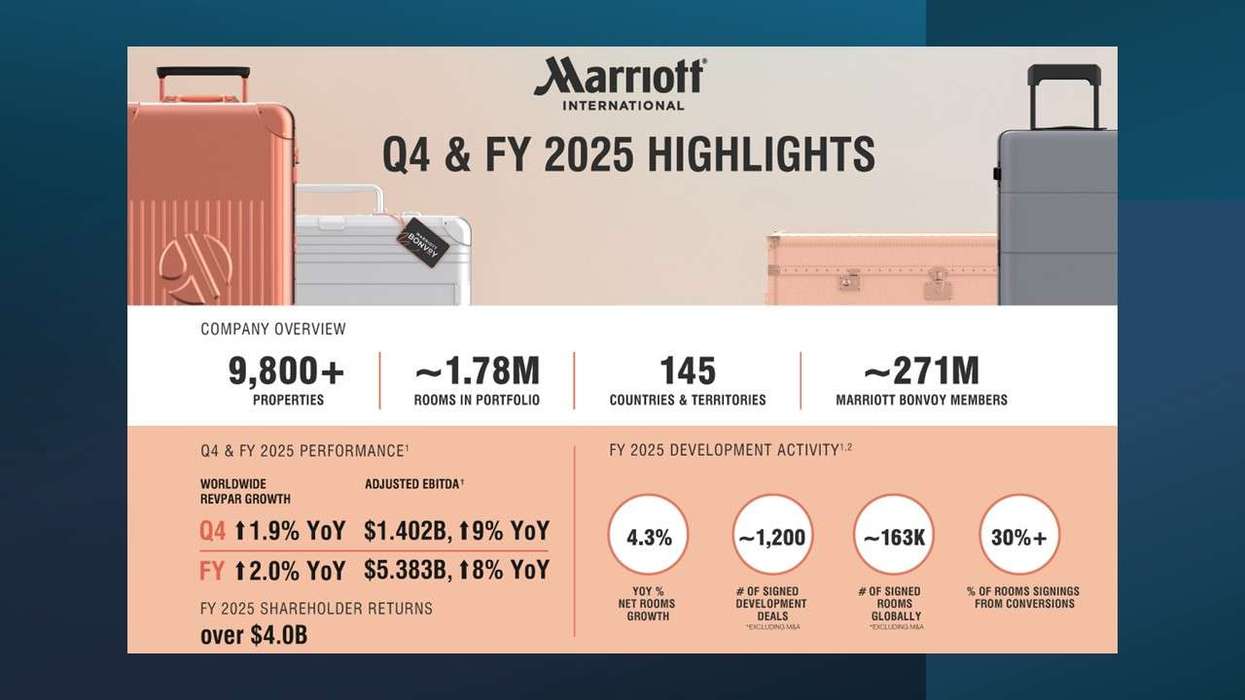Summary:
- The use of AI agents hotels must rethink customer loyalty, a FAU study finds.
- The paper proposes strategies as AI becomes the main booking channel.
- Researchers warn of ethical and privacy issues.
HOTELS MUST RETHINK how they build and maintain loyalty as artificial intelligence systems make travel decisions and bookings for consumers, according to a study by Florida Atlantic University. The rise of artificial intelligence agents will complicate hotel customer loyalty management.
The paper “Artificial Intelligence Agents and the Future of Customer Loyalty” by four Florida Atlantic University researchers found that AI agents will take over many consumer decisions, becoming the primary interface for travel choices.
“AI agents will be the new gatekeepers of loyalty,” said Anil Bilgihan, FAU College of Business professor of hospitality management. “The question is no longer just ‘How do we win a customer’s heart?’ but ‘How do we win the trust of the algorithms advising them?’ Hotels need to prepare for a future where a guest’s preferred brand may be decided before they even open their phone.”
As consumers use AI agents to search for hotels, check availability, compare prices, analyze reviews and make bookings, decision-making will shift to the algorithm, creating loyalty to the agent or its ecosystem rather than to the brand, the report said.
Bilgihan said AI is not influenced by traditional advertising and sorts options based on algorithmic criteria.
“Imagine a traveler asking their AI agent to book a hotel in Miami within a certain budget, with a pool and strong reviews,” he said. “If your hotel doesn’t appear in that recommendation set, you may never be considered. Hotels must design loyalty programs, digital visibility and service experiences that appeal to both human guests and the AI systems filtering choices on their behalf.”
The paper proposes a framework for hotels to rethink loyalty strategies as AI agents become the main channel for travel bookings. While emotional branding still matters for humans, marketers should focus on loyalty programs that engage both humans and AI systems, using customer data to tailor experiences, improve algorithmic visibility and design programs appealing to both, the study said.
Researchers also warned of ethical and privacy concerns, including algorithmic bias, limited consumer understanding of how AI agents work and challenges in brand visibility.
“At the end of the day, technology doesn’t replace the fundamentals,” Bilgihan said. “AI may shape how guests discover and book, but the foundation of loyalty will always be the experience once they arrive.”
The paper in the International Journal of Contemporary Hospitality Management was authored by Max Ostinelli, assistant professor of marketing; Ye Zhang, associate professor of hospitality management; Melanie Lorenz, associate professor of marketing and Bilgihan.
New York University’s State of Distribution 2025 found a gap between AI potential and hotel operational readiness, as teams are still developing training, systems and workflows. In May, India’s International Institute of Hotel Management (IIHM) Kolkata launched ‘NamAIste – IIHM HospitalityGPT,’ the first generative AI platform for the global hospitality industry.






